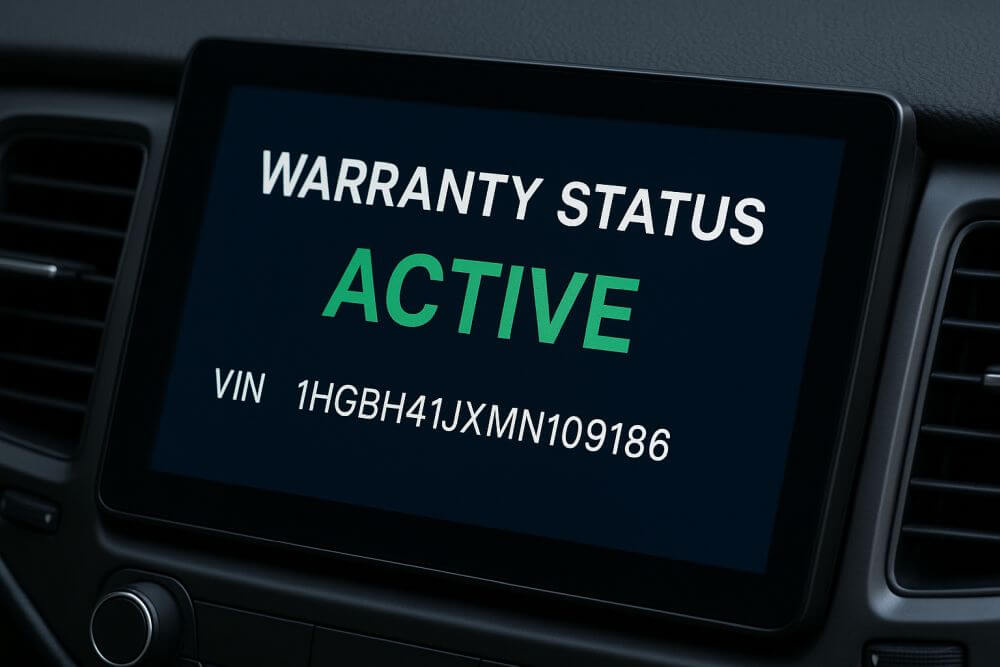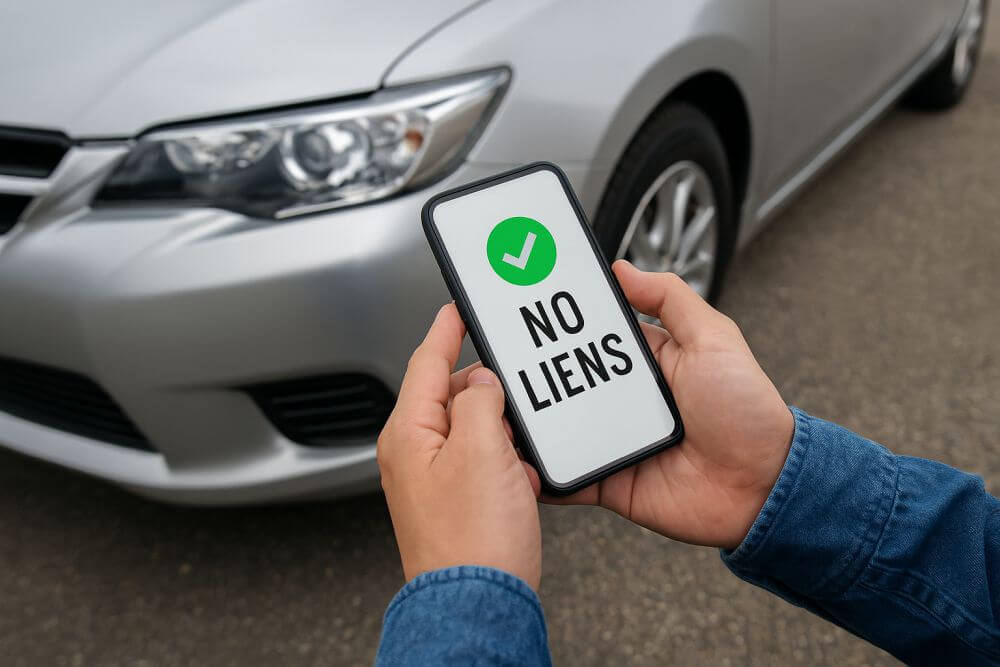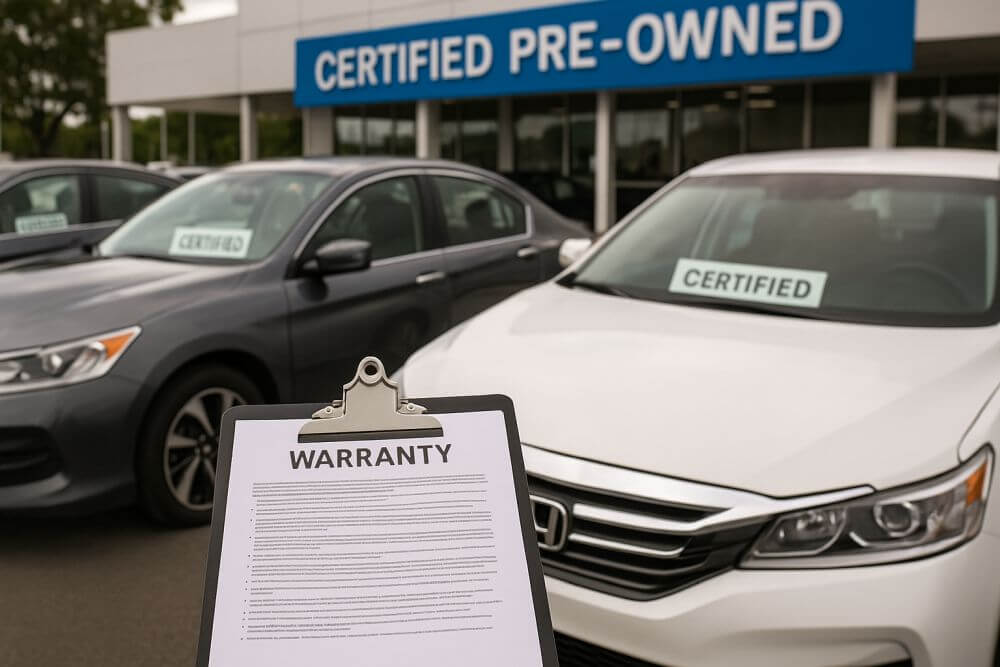1️⃣ Introduction
Buying a used car is a great way to save money, but it comes with risks. Hidden problems like salvage titles, previous accidents, odometer rollbacks, and unpaid liens can turn what seems like a great deal into a financial nightmare. That’s why checking a car’s history before purchase is essential.
A free vehicle history report provides crucial details about a car’s past, helping buyers make informed decisions. In this guide, we’ll walk you through how to check a vehicle’s history for free, using trusted tools like VinCheckPro to ensure you’re making a safe investment.
2️⃣ Why Checking a Vehicle’s History is Crucial
A vehicle history report helps you avoid scams and costly repairs by revealing key details about a car’s past. Here’s what you can learn from a report:
✅ Accident History – Find out if the car has been in any major or minor crashes.
✅ Title Status – Check if the car has a clean, salvage, rebuilt, or flood-damaged title.
✅ Odometer Readings – Detect any discrepancies that could indicate mileage rollback fraud.
✅ Lien & Loan Information – Ensure the car is free from unpaid loans.
✅ Theft and Stolen Vehicle Records – Verify that the car hasn’t been reported stolen.
✅ Recalls & Manufacturer Defects – See if the car has any outstanding recalls that need repair.
✅ Number of Previous Owners – Find out how many people have owned the car and whether it has been used as a rental or fleet vehicle.
By using a free vehicle history report, you can make sure the car you’re considering isn’t hiding any serious issues.
3️⃣ Best Free Tools to Check a Car’s History
1. VinCheckPro – The Best Free Vehicle History Report
✅ “Get a free vehicle history report with VinCheckPro and uncover important details about a used car.”
- What it covers: Title history, accident reports, odometer readings, and theft records.
- Why use it? It’s comprehensive, easy to use, and completely free.
2. National Insurance Crime Bureau (NICB) VIN Check
- What it covers: Stolen vehicle reports and insurance fraud alerts.
- Why use it? Helps confirm if the car has been reported stolen.
3. NMVTIS (National Motor Vehicle Title Information System)
- What it covers: Title history, total loss records, and odometer data.
- Why use it? A government-backed system with accurate data.
4. State DMV Title Search
- What it covers: Official vehicle title and registration status.
- Why use it? Some states offer free or low-cost title history reports.
5. Auto Manufacturer Recall Lookup
- What it covers: Open recalls and defect repairs needed for the vehicle.
- Why use it? Helps you ensure the car is safe to drive.
4️⃣ Step-by-Step Guide: How to Check a Car’s History for Free
Step 1: Locate the VIN (Vehicle Identification Number)
- The VIN is typically found on the dashboard, driver’s side door frame, or vehicle registration documents.
Step 2: Use a Free Vehicle History Report Tool
- Enter the VIN into a free vehicle history report tool like VinCheckPro.
Step 3: Review Key Sections of the Report
- Title Brands: Ensure the title is clean and not salvage or rebuilt.
- Accident History: Look for previous damage reports.
- Odometer Readings: Verify that mileage is consistent with past records.
- Lien Check: Make sure the car isn’t tied to an unpaid loan.
- Service Records: Look for maintenance history to assess vehicle condition.
Step 4: Cross-Check With Other Sources
- Compare the free report with state DMV records and NMVTIS databases.
- Run a second check through manufacturer recall databases for additional insights.
Step 5: Get a Pre-Purchase Inspection
- Even if the report looks good, have a mechanic inspect the car to check for hidden problems.
✅ “Before purchasing, run a VIN check to ensure the car is free from hidden issues.”
5️⃣ What to Do If a Report Shows Red Flags
🚨 Salvage or Rebuilt Title? – Ask for repair records and get a mechanic’s inspection.
🚨 Odometer Rollback? – Walk away from cars with mileage discrepancies.
🚨 Reported as Stolen? – Avoid purchasing and report it to authorities.
🚨 Active Lien? – Ensure the lien is cleared before purchasing.
🚨 Unresolved Recalls? – Contact the manufacturer for free repairs.
🚨 Frequent Ownership Transfers? – A car that has changed hands too often may have hidden issues.
6️⃣ Final Tips for Used Car Buyers
💡 Always check a car’s history before buying.
💡 Compare multiple history reports for accuracy.
💡 Use a paid report for high-value vehicles.
💡 Get a mechanic to inspect the car before purchase.
💡 Verify the VIN on multiple platforms to detect fraud.
💡 Avoid deals that seem too good to be true.
💡 Check ownership history for patterns of quick resales.
💡 Review past repairs to ensure they were done properly.
7️⃣ Conclusion & Call to Action
A free vehicle history report is one of the best ways to ensure a used car is safe and reliable. Whether you’re checking for accidents, liens, or odometer fraud, using trusted tools like VinCheckPro can help you make a smart purchase.
🚗 Final Tip: Before buying a used car, get a Best Free Vehicle History Report from VinCheckPro to uncover hidden issues and make an informed purchase!


